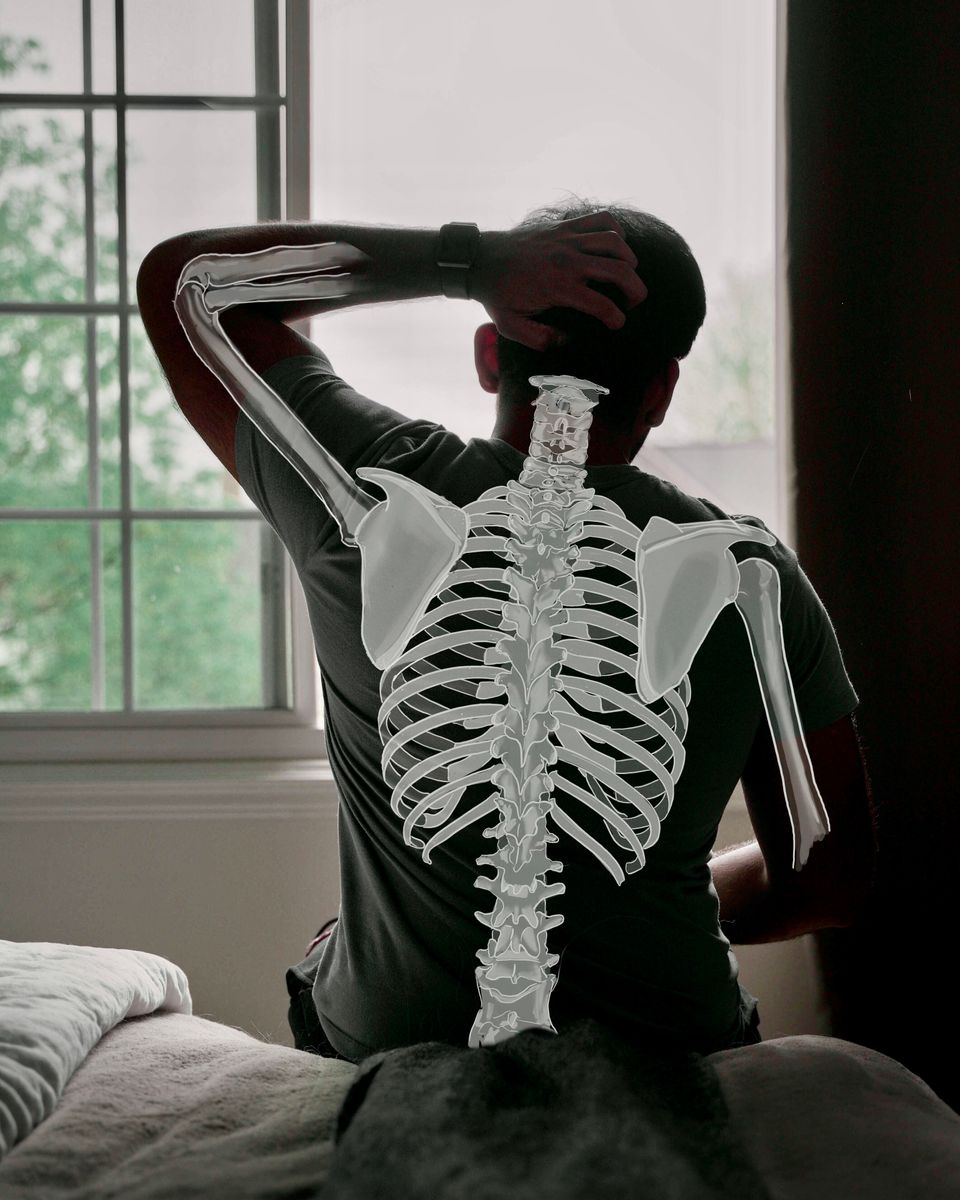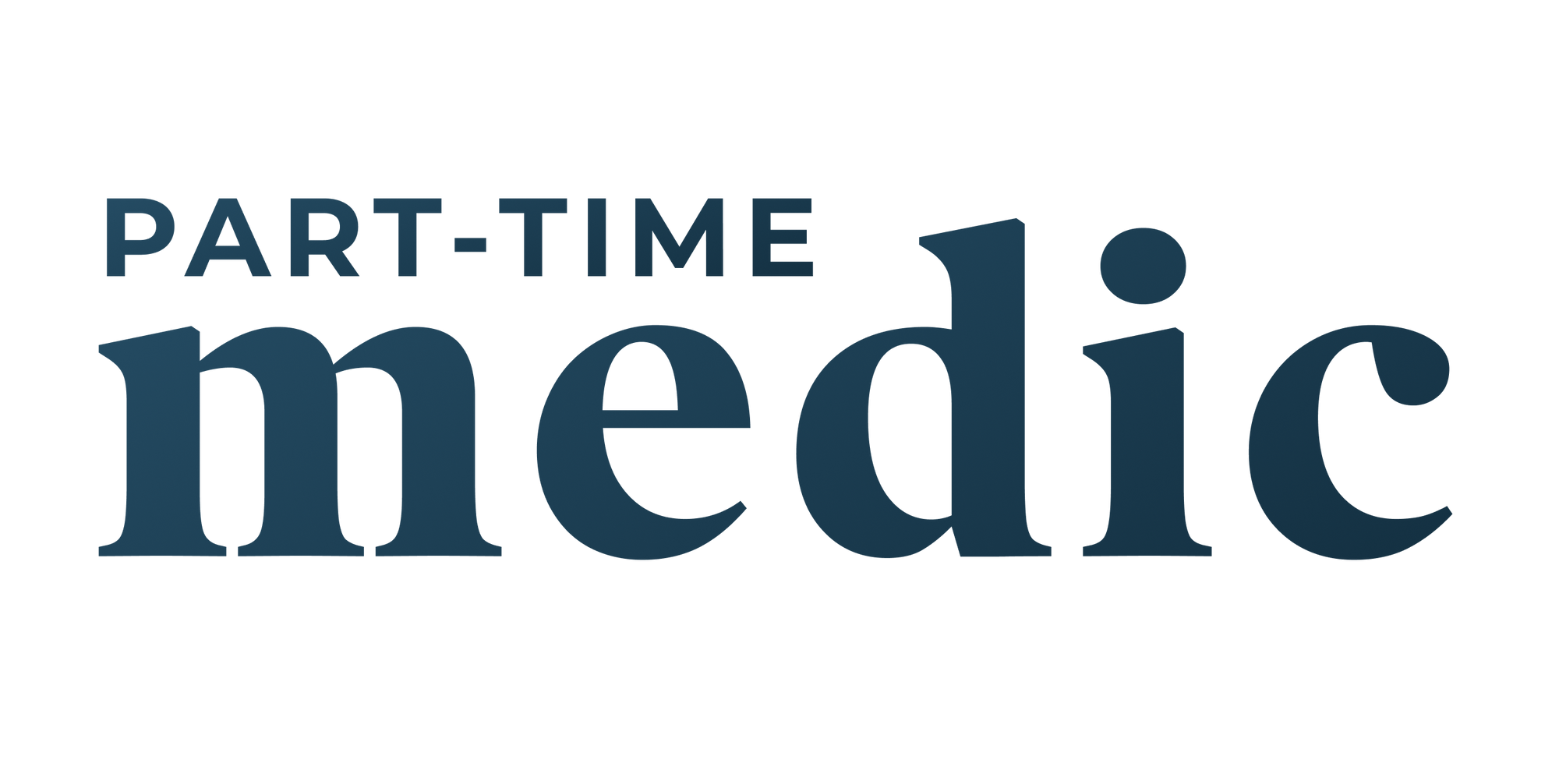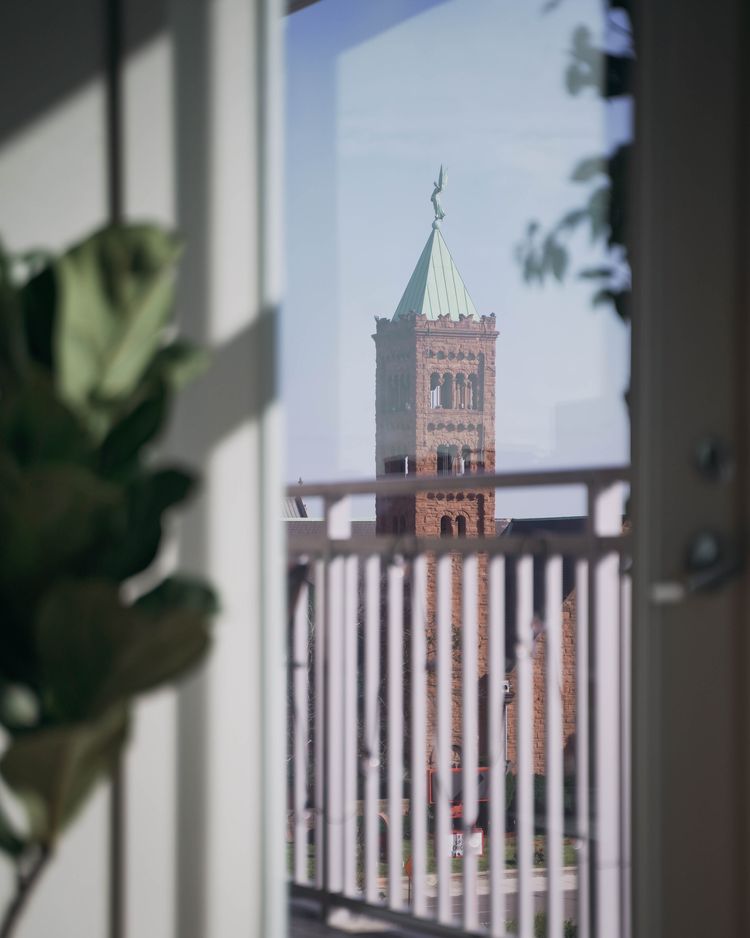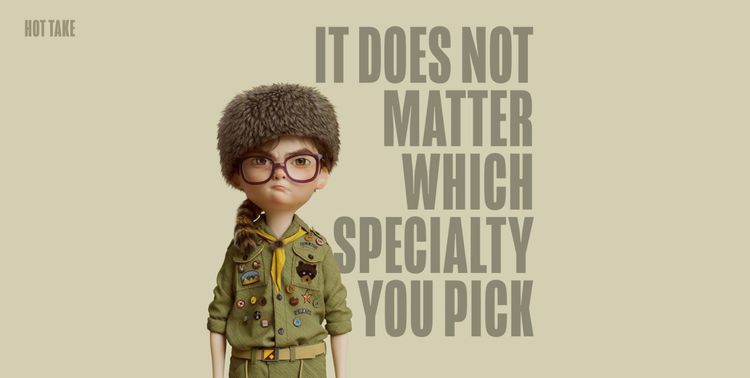Is There Room For Creativity In Medicine?

This has been a question that has left me lost for so many years, but I'm starting to feel like I am finding an answer for it. Let me explain.
Let me start with this statement: The field of Medicine in general does not value the individual. I know it's a bold claim to make, but I have an evidence ->
In 1993, there was a sociologist named George Ritzer who wrote a book called The McDonaldization of Society.


McDonaldization Of Society - the jist
The concept was adopted from the popular fast food chain as the systems was created with primary motive to maximize 4 main qualities:
1. Efficiency
2. Predictability
3. Calculability
4. Control
The idea was that the company created infrastructure that was able to be replicated, and didn't require much input from employees.
(I.e. a script to read from when a customer arrives. Semi pre-cooked food with set warming times, egg molds to get consistent shape and look, etc.)

This was a fantastic innovation for customers. Regardless of which McDonalds you ate at, or when you went, you can expect the same product (more or less). Now it was George Ritzer who expanded this model to show that it wasn't just fast food chains doing it.
Lets Look At Health Care:
The same concept was applied to Healthcare to foster more consistent outcomes too. We were able to use large research data sets to create protocols that were statistically backed to offer the optimum care for patients. This was a MASSIVE benefit for the patients. We created high quality, consistent care.
For example, a 40-year-old patient presenting with symptoms of pneumonia might be treated with a standard approach of medications/ procedures that have been proven to be effective in most case. A quick Up-To-Date search was all you needed.

Regardless of which hospital you went to, or when you went, you can reasonably expect to get the same results.
The McDonaldization is not exclusive to procedures though, technologies like the EMR (electronic medical records) system help drive up effciency by streamlining information and processes.
Objectively, the standardization of care and creation of protocols has immense benefit for patients. Just like a McDonalds, it creates a consistent and predictable outcome independent of the employee.
Keywords: Independent of the Employee
While the concept has benefits for the customer / patient, as well as the bottom line of the corporations behind it, the concept turn the employee into a cog in the system.
The most obvious example of this would be in an Emergency Department. A patient going in doesn't know which physician they'll get. Hell, the hospital doesn't even know 'til the week of sometimes.
The goal isn't to have Physician A there, but to have a Physician. Because there are systems are placed to mitigate errors that can be caused by the quality of a physician (or lack of), it doesn't matter. The EMR will notify you if you have contraindicated medications, or out of normal vitals, etc.
Throughout the path of becoming a physician you are carefully molded to fit perfectly into the intricate system of healthcare. The reality is that if it wasn't you seeing that patient, there will be another physician, and most likely the patient will receive the same quality/type of care.
Back to the main point:
Is There Room For Creativity In Medicine?
The short answer is: In practice? Not really.
Now some might argue that you can be creative in your treatment approaches or creative with how you interact with patients but here's what I'd say. The system doesn't really benefit from your creativity, it might actually hurt it a little in the grand scheme of things.
I say that because a physician views their interractions in a pretty micro level. The protocols are created after assessing data from a macro level. Small sample sizes foster more room for outliers, and bias and are generally not good support for establishing quality.
In order to maximize consistent, standardized care, the gears on the system should work independent of any one person. If you as a physician were to leave tomorrow, the care towards the patients that the hospital sees should not change.
The practice of Medicine is far more reliant on following consistent, established guidelines, than on the individual creativity of physicians.
But if you're like me and need more room for your creativity, there's hope yet.
How Can We Make Room For Creativity In Medicine?
Lets take a look at some of the most creative physicians I know:





Here's there info if you wanna know more about them:
- Dr. Jackie: A child and adolescent psychiatrist who makes amazing YouTube videos on entering the specialty as well as her unique take on hollywood blockbusters (IG: @doctorajackie)
- Andy Nguyen: 3rd year Medical Student and vlogger showcasing his experience through medical school and helping people identify which specialties they like using the infamous "73 questions with a insert specialty" (IG: @andy_nguyen9)
- Dr. Mike: You already know 🙃
- Dr. Mahesh Sreedasyam: A family medicine and obesity trained physician, who creates amazing digital content and is also recently getting into hosting on AirBnb. (IG: @mahi_sree_dasyam)
- Dr. Chris Nicholas: An interventional radiologist, helicopter pilot, videographer and part of the infamous duo "Becki and Chris". Look em' up they're amazing. (IG: @beckiandchris)
All these amazing current and soon-to-become Physicians have come to the realization that their creative buckets cannot be filled by Medicine alone. Instead of continuing to search for it, they instead have discovered that they can make room for their creativity outside of Medicine.
I consider all of them as Part-Time Medics.
While the practice of Medicine doesn't benefit from creativity, I think we can still use creativity to benefit Medicine. Here are just some of the ways I've been trying to accomplish this:
1) Using interior design to create spaces that support the mental and physical health of students and residents (i.e. call rooms, study rooms, etc.)
2) Using graphic design to create more captivating presentations and posters in academic research.
3) Using UI/UX design to create better platforms for education and admission in Medical School.
4) Using artwork (drawing/ painting) to allow student use different aspects of their intelligence. (i.e. spatial reasoning, abstract thinking, etc.)
The Conclusion
If you're looking to find creativity in Medicine, the harsh truth is that there isn't much place for it. In order to create great and consistent care for our patients, we have to remove our own creativity from the mix. But that doesn't mean that we cannot be creative.
Finding an outlet for creativity outside of Medicine has allowed me to remove the burden of trying to squeeze all my eggs into one basket. I realize that Medicine won't give me everything I want, and thats okay because it gives me things I wouldn't get anywhere else either. I'll save the details of that, for another post.
If you've read this far, thank you. I appreciate you. 🤎





Comments ()